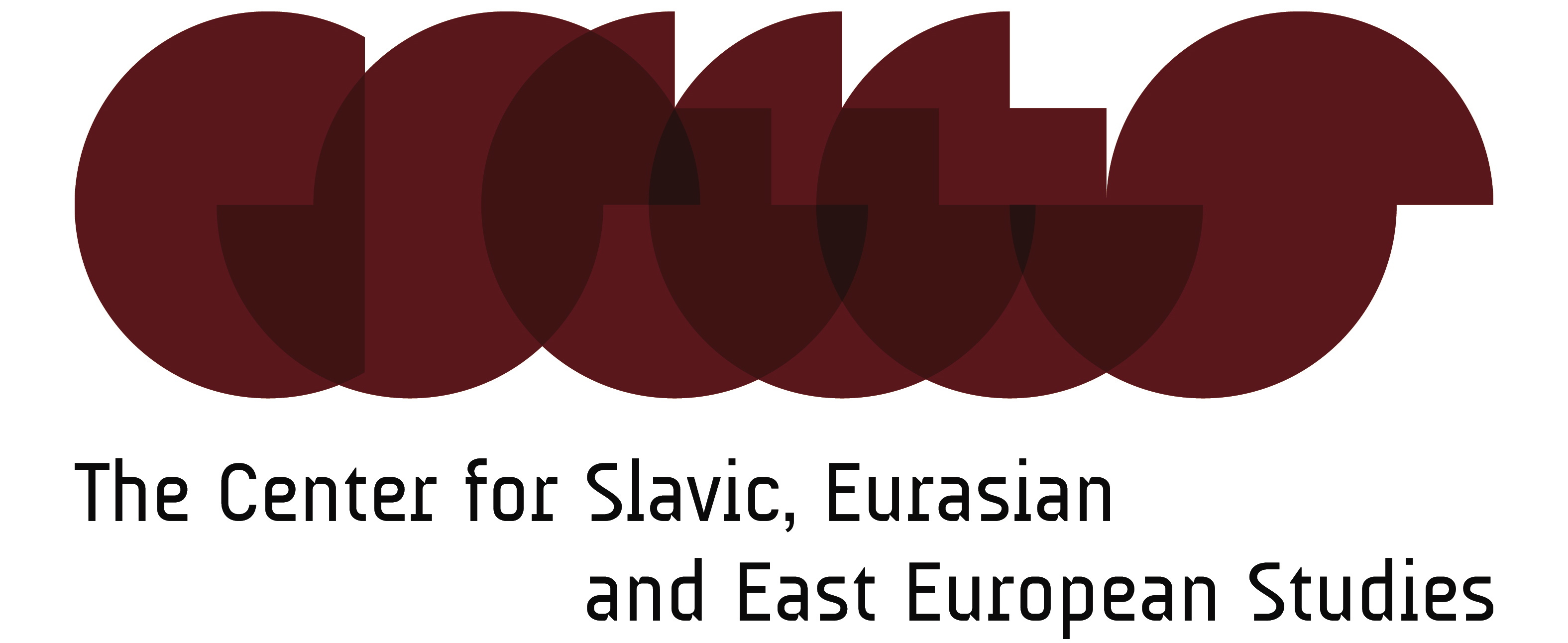
- This event has passed.
The Construction of Jewish Identities in Stalinist Poland and Czechoslovakia
February 11, 2016 @ 5:30 pm - 7:00 pm
The history of Jews under Communism is often depicted as a story of religious and national assimilation and also the atomization of Jewish society. Dr. Čapková’s talk will question this common assumption and try to find answers to following questions: What did it meant to ‘be Jewish’ in Stalinist Poland and Czechoslovakia? Why and how did different institutional framework for Jews emerge in the two countries after World War II? To what extent did the Communist dictatorship bring change or even transform Jewish institutions and interactions, and to what extent can we find continuity with Jewish life and institutions from the period before the takeovers and, obviously, before the Shoah?
Kateřina Čapková is research fellow at the Institute for Contemporary History, Czech Academy of Sciences. She also teaches courses at Charles University and at New York University in Prague, and is Visiting Scholar at the Department of History, University of Chicago. Čapková is author of Czechs, Germans, Jews? National Identity and the Jews of Bohemia (Berghahn Books 2012), which received a Choice Outstanding Academic Title award. Her book Uncertain Haven: Czechoslovakia and Refugees from Nazism, 1933-1938, published in Czech and German and written together with Michal Frankl, focuses on Czechoslovak refugee politics in the interwar period and the situation of German and Austrian refugees in Czechoslovakia in the 1930s. Čapková is currently working on a comparative study of Jews in postwar Poland and Czechoslovakia.

